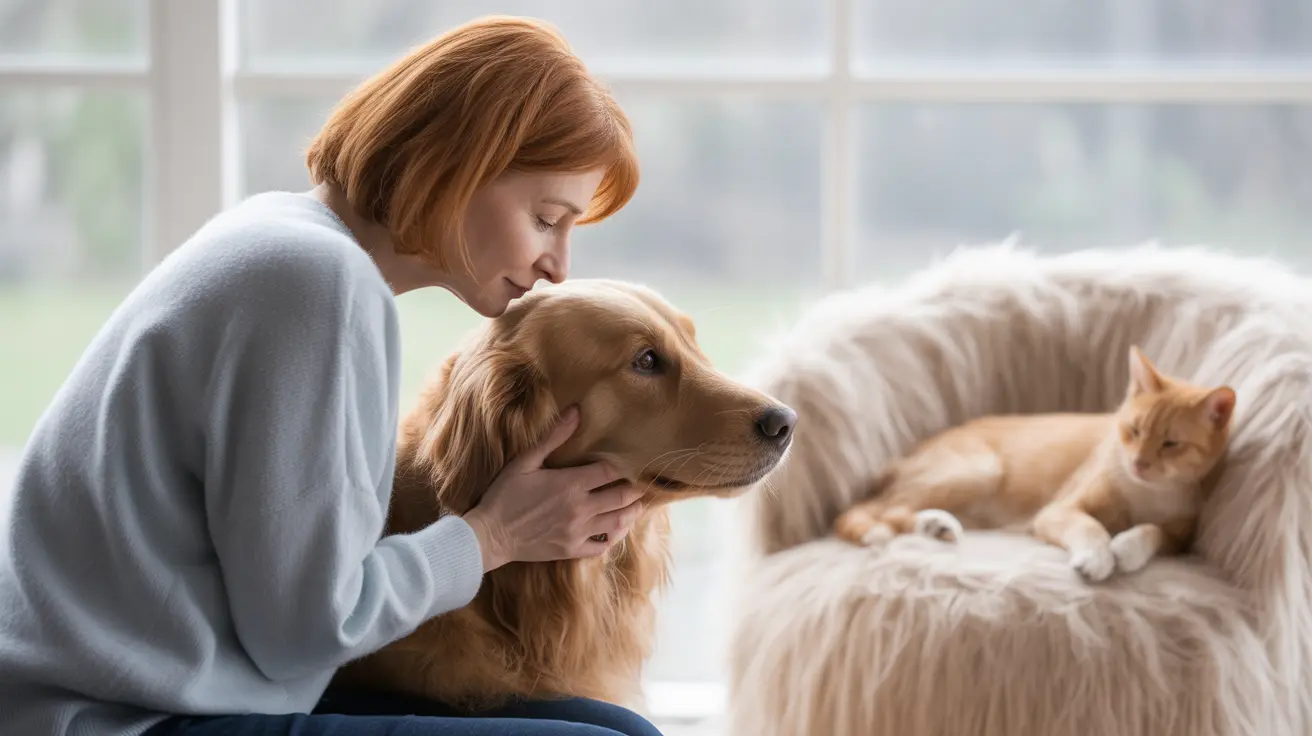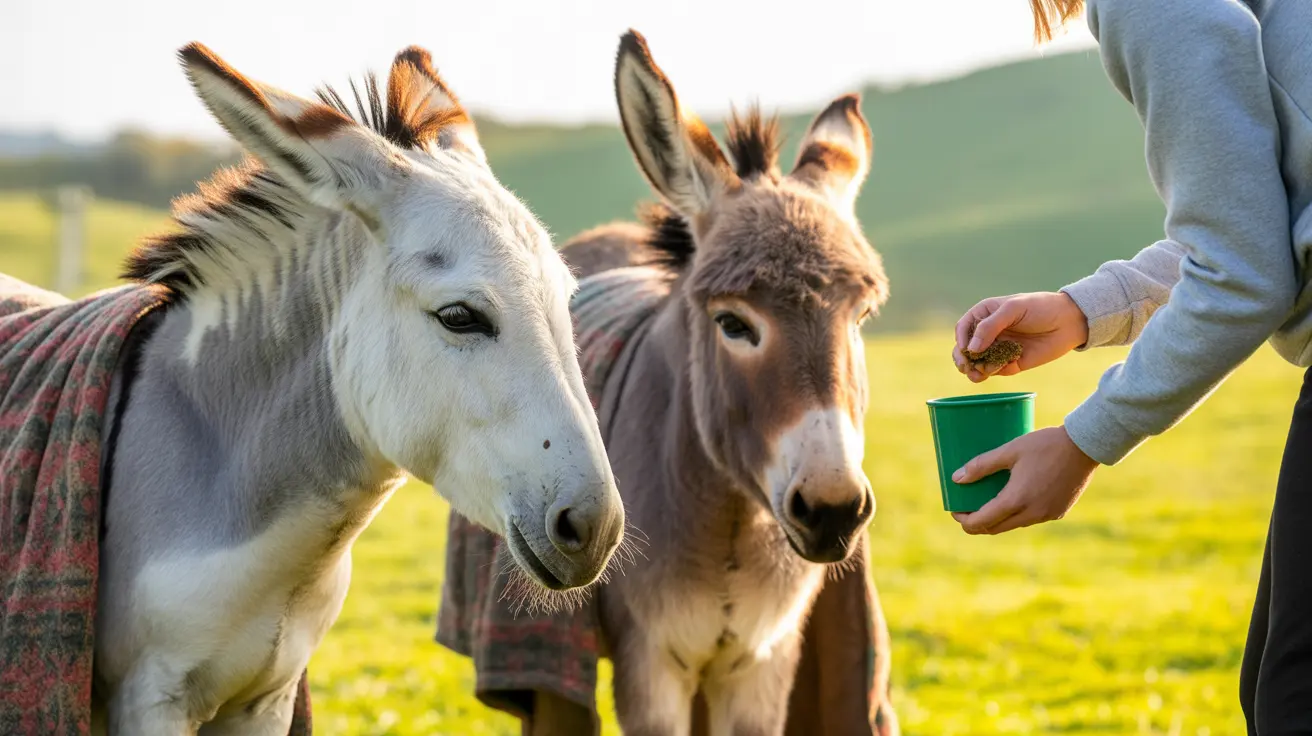When your cat reaches 13 years of age, they've entered their golden years, bringing new challenges and care requirements. This comprehensive guide will help you understand the changes your senior cat is experiencing and how to provide the best possible care during this important life stage.
Just as humans need different care as they age, your 13-year-old cat requires special attention to maintain their health, comfort, and happiness. Understanding these needs is crucial for ensuring your feline friend enjoys their senior years to the fullest.
Understanding Senior Cat Age and Life Stage
At 13, your cat has reached what veterinarians consider the senior stage of life. This age roughly equates to a human in their early 70s, bringing significant physical and behavioral changes that require careful monitoring and adjusted care routines.
Physical Changes to Watch For
Senior cats typically experience several physical changes that can affect their daily life. You may notice your 13-year-old cat sleeping more, moving more carefully, or showing less interest in jumping to high places. These changes often indicate normal aging but should be monitored closely.
Common Physical Signs of Aging
- Reduced mobility and flexibility
- Changes in weight (loss or gain)
- Altered grooming habits
- Thinner coat or matted fur
- Different sleeping patterns
Health Monitoring and Veterinary Care
Regular veterinary check-ups become increasingly important for your 13-year-old cat. Experts recommend bi-annual visits to catch potential health issues early and maintain optimal wellness.
Essential Health Screenings
- Blood work and urinalysis
- Blood pressure monitoring
- Dental examinations
- Weight and body condition assessments
- Arthritis evaluations
Nutrition and Dietary Needs
Your senior cat's nutritional needs change significantly at this age. Many 13-year-old cats benefit from specially formulated senior diets that provide appropriate calories and nutrients for their changing metabolism.
Dietary Considerations
- Higher protein requirements
- Easy-to-digest formulations
- Adequate hydration support
- Weight management
- Supplements as recommended by your vet
Creating a Comfortable Environment
Environmental modifications can significantly improve your senior cat's quality of life. Consider making these adjustments to accommodate their changing needs:
- Easy-access litter boxes with low sides
- Comfortable sleeping areas at ground level
- Ramps or steps to favorite perches
- Non-slip surfaces on slippery floors
- Warm, draft-free resting spots
Frequently Asked Questions
What are the common health issues that a 13-year-old cat may experience, and how can they be managed?
Common health issues include arthritis, kidney disease, thyroid problems, and dental disease. These conditions can be managed through regular veterinary care, appropriate medications, dietary adjustments, and environmental modifications to support comfort and mobility.
How can I ensure my senior cat is getting enough hydration, and what are the best ways to encourage water intake?
Increase water intake by providing multiple water sources throughout your home, using pet fountains, adding water to wet food, and offering bone broth. Monitor water consumption and consult your vet if you notice significant changes in drinking habits.
What dietary changes should I make for a 13-year-old cat, and how can I ensure they are getting the right nutrients?
Focus on high-quality senior cat food with adequate protein levels, easily digestible ingredients, and appropriate calories. Consider wet food to increase moisture intake and discuss supplements with your veterinarian based on your cat's specific health needs.
How can I modify my home environment to make it more comfortable and accessible for a senior cat with mobility issues?
Add ramps or steps to favorite spots, provide low-sided litter boxes, ensure food and water are easily accessible, and create warm, comfortable resting areas at ground level. Remove obstacles that might be challenging for an older cat to navigate.
What are the signs of cognitive decline in a senior cat, and how can I support their mental health as they age?
Watch for confusion, altered sleep patterns, excessive vocalization, or changes in social interaction. Support cognitive health through environmental enrichment, maintaining routines, gentle play sessions, and discussing potential supplements or medications with your veterinarian.
Final Thoughts
Caring for a 13-year-old cat requires attention, patience, and understanding. By maintaining regular veterinary care, making appropriate environmental modifications, and monitoring their health closely, you can help ensure your senior cat enjoys their golden years comfortably and happily.






